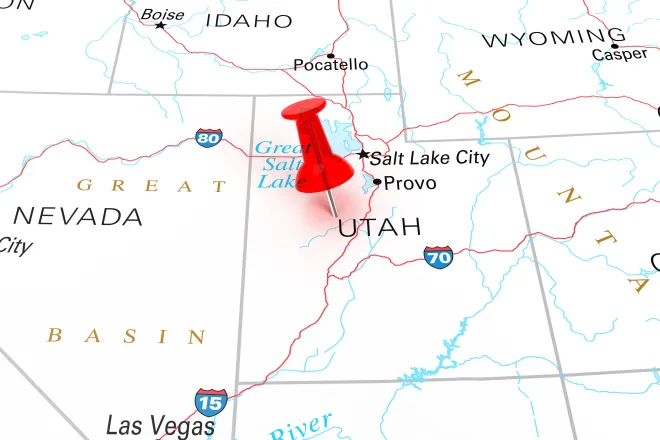
Colorado's open records law applies to public documents held by third parties, court says
(The Center Square) – Colorado's open records law applies to documents used for public purposes even if they are held by a third-party entity, a court decided Thursday.
The ruling from the Colorado Court of Appeals reversed a 2020 decision from the El Paso County District Court which held that Tim Leonard, a former state representative, was not entitled to any records he requested regarding the Interquest North Business Improvement District in Colorado Springs.
“When, as here, the requested documents are so intimately related to public funds, [Colorado Open Records Act]’s purpose is at its zenith,” Judge Michael Berger wrote in the opinion.
According to the ruling, Leonard issued a CORA request to the business district seeking “contracts with those who performed the construction and consulting work for the installation of the public improvements paid for by the District” and “invoices and payments made to Nor’wood and InterQuest Marketplace, LLC, or any related entity of either, for work or services performed on behalf of the District.”
The district claimed it produced all responsive documents in its possession, but Leonard sued the entity in district court claiming that it did not produce all the requested documents.
The district court held that InterQuest did not have to produce all the documents Leonard requested because some of the documents were in the possession of a third-party firm working on behalf of InterQuest.
But the appellate court held that the documents are “public records” under CORA because they are used for a public purpose, regardless of who is in possession of the records.
“We hold that when a public entity has a contractual right to access documents from a third party, that entity has “direct[ed] [the third party] to have care, custody, or control of the document[s],” the appellate panel said in their opinion.
Leonard told the Colorado Freedom of Information Coalition that the “construction contracts, plans, change orders, and invoices cannot be hidden by developer-controlled special district boards from the taxpayers who want to see how their money is being spent.”
"Thursday’s ruling wasn’t the first from the Colorado Court of Appeals favoring public access to records that aren’t directly in the possession of a public entity," CFOIC noted in a blog post. "The appellate court held in 1994 that records maintained by a Coors Field contractor hired by the Denver Metropolitan Major League Baseball Stadium District were public records subject to CORA."
















